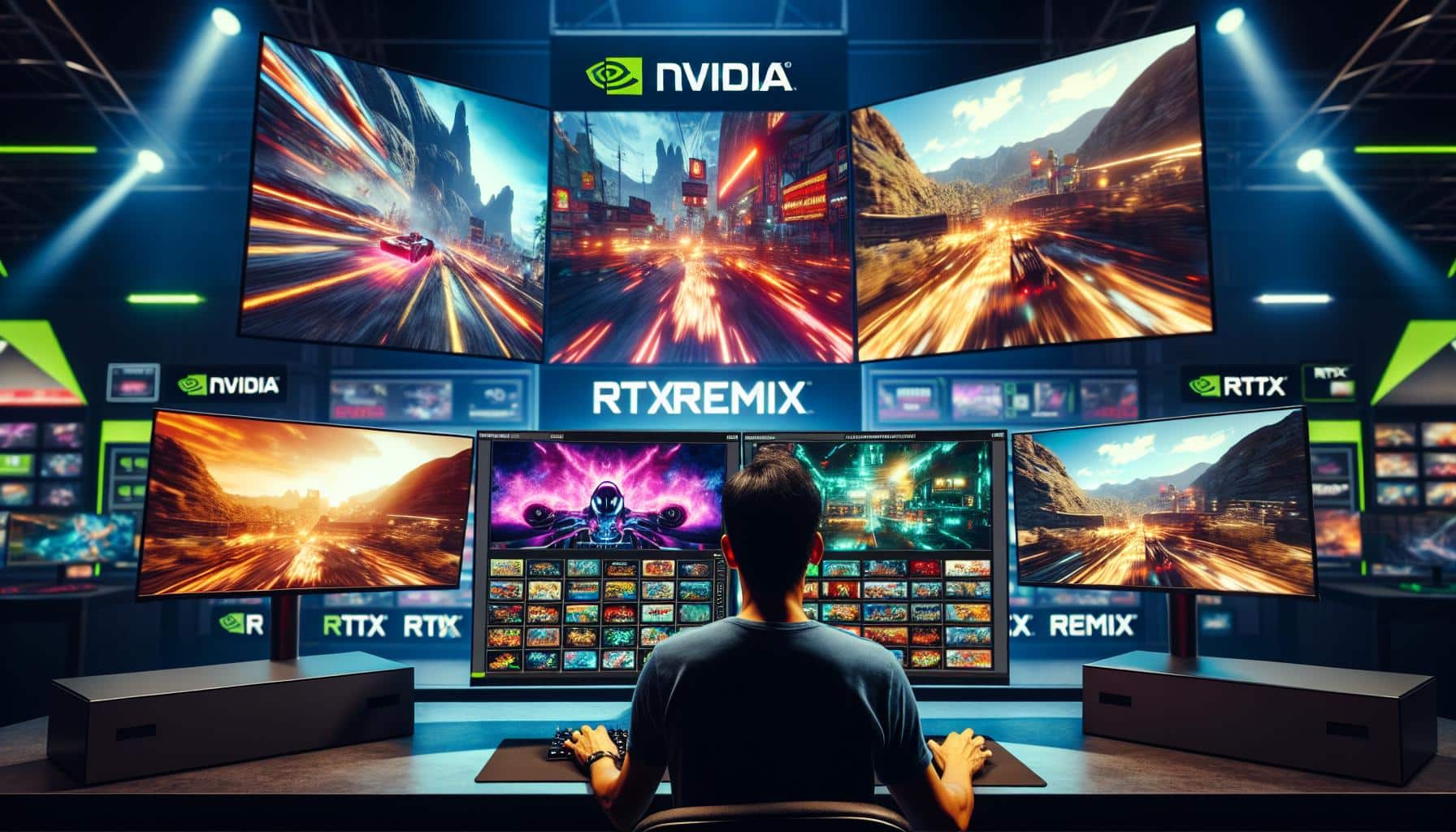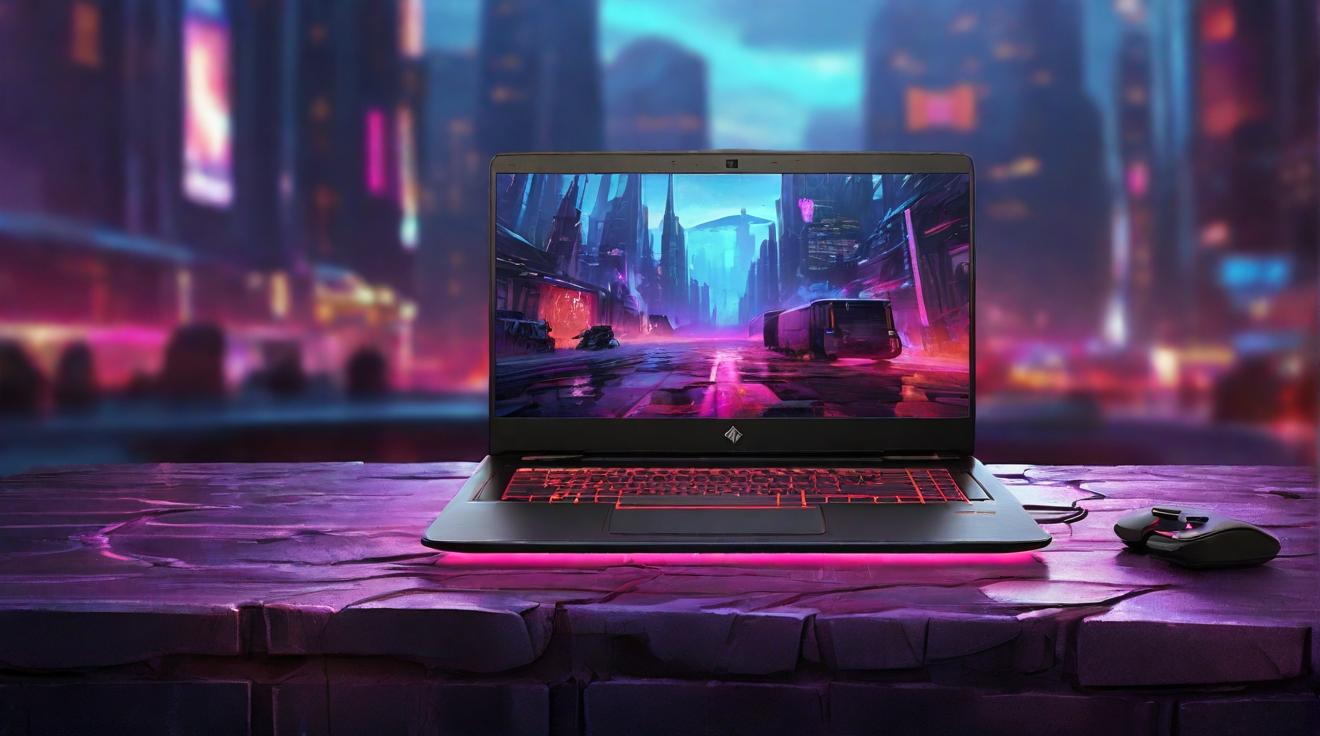AMD Signs Landmark Multi-Year Chip Supply Agreement with OpenAI
AMD has entered into a significant multi-year agreement to supply OpenAI with 6 gigawatts (GW) of compute capacity, leveraging its Instinct GPU line. The deal, valued in the tens of billions, positions AMD as a key hardware partner in OpenAI’s rapid AI infrastructure expansion. The compute power committed by AMD is enough to energize approximately 4.5 million homes, underscoring the scale of the deployment. OpenAI will begin receiving the first gigawatt of capacity in the second half of 2026, starting with AMD’s upcoming Instinct MI450 GPU.Instinct MI450 to Lead Next-Gen AI Compute
AMD asserts that its Instinct MI450 GPUs will surpass Nvidia’s equivalent offerings, specifically the NVIDIA Rubin CPX, through a combination of hardware and software enhancements developed in collaboration with OpenAI. Current AMD GPUs, including the MI355X and MI300X series, already support OpenAI workloads effectively due to their substantial memory capacity and bandwidth. This partnership not only ensures cutting-edge AI compute performance but also integrates OpenAI’s expertise to optimize AMD’s GPU architecture for large language model inference tasks.OpenAI’s Strategic Equity Stake in AMD
As part of the agreement, OpenAI has secured an option to purchase up to 160 million shares of AMD stock, representing a potential 10% ownership stake. The acquisition of shares is structured in tranches, linked to deployment milestones of the compute capacity. The initial tranche vests with the delivery of the first gigawatt, with subsequent tranches tied to further increments up to the total 6GW. Moreover, the final tranche depends on AMD’s stock price reaching $600 per share — a substantial increase from the recent closing price of $164.67 and Monday’s opening at $222.24, which surged nearly 35% following the deal announcement.Context: OpenAI’s Expanding AI Compute Ecosystem
This agreement complements OpenAI’s aggressive strategy to secure diverse chip partnerships, essential for scaling its AI infrastructure. The company is simultaneously developing five new Stargate data centers, targeting a combined capacity of 7GW.- Last month, Nvidia committed up to $100 billion and 10GW of compute capacity to OpenAI.
- OpenAI inked a $10 billion deal with Broadcom for custom AI chip development and manufacturing.
- Collaborations with Oracle and SoftBank aim to expand the Stargate initiative further.
- Recent agreements with Samsung Electronics and SK Hynix secure DRAM supply for new data centers in South Korea.
“We are thrilled to partner with OpenAI to deliver AI compute at massive scale,” said Dr. Lisa Su, AMD’s chair and CEO. “This partnership brings the best of AMD and OpenAI together to create a true win-win enabling the world’s most ambitious AI buildout and advancing the entire AI ecosystem.”
OpenAI CEO Sam Altman described the deal as “a major step in building the compute capacity to realize AI’s full potential.”
FinOracleAI — Market View
The AMD-OpenAI partnership marks a pivotal development in the AI hardware sector, signaling increased competition and innovation in GPU technology. AMD’s ability to secure a multi-gigawatt supply deal with a leading AI firm enhances its market position against dominant competitors like Nvidia.- Opportunities: Strengthened AMD market share in AI hardware; accelerated AI infrastructure deployment; enhanced GPU performance through OpenAI collaboration; potential stock price appreciation tied to deal milestones.
- Risks: Execution challenges in delivering large-scale compute; dependency on OpenAI’s growth trajectory; competitive pressure from Nvidia and other chipmakers.
Impact: This deal is a significant positive for AMD, positioning it as a critical supplier in the expanding AI compute ecosystem and potentially driving substantial revenue growth over the coming years.













